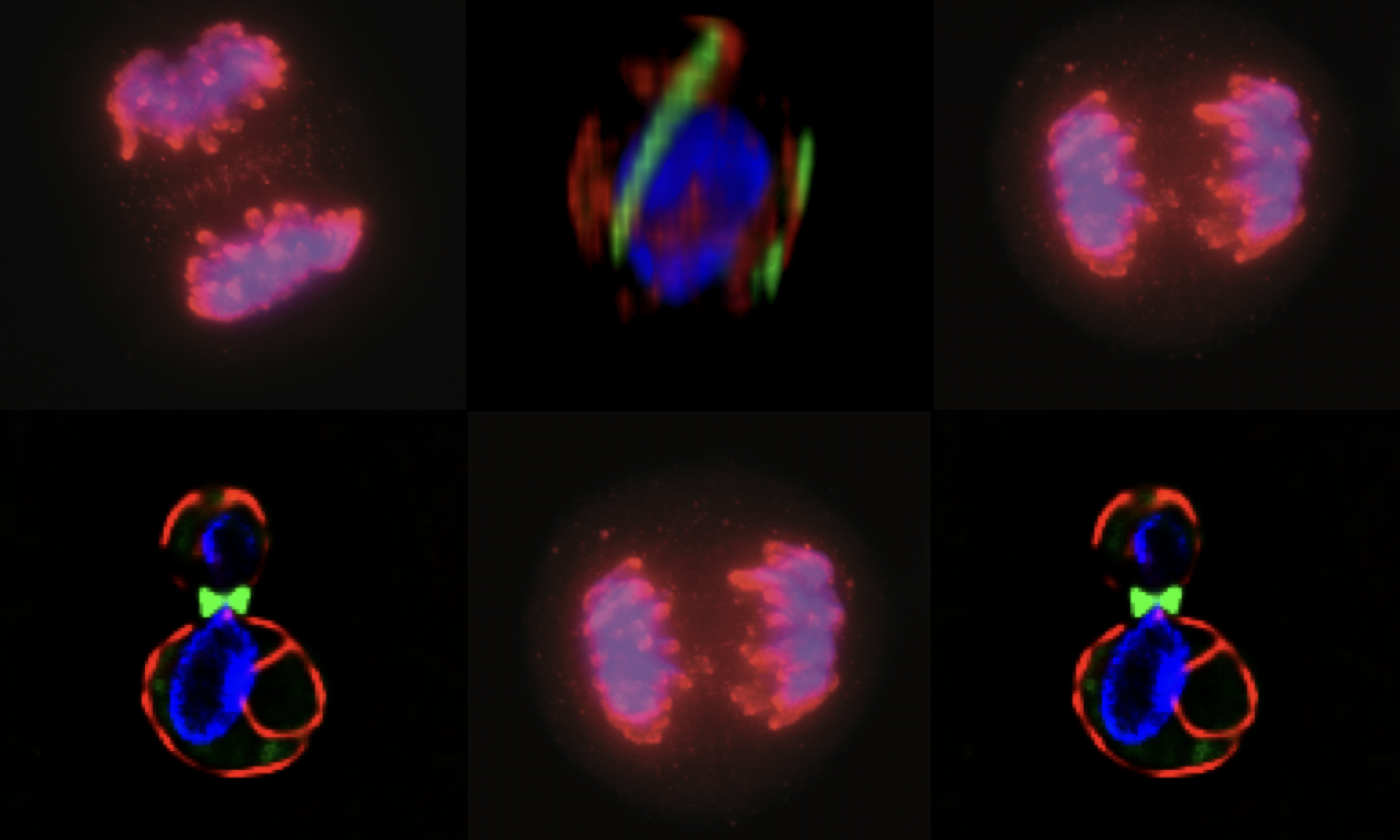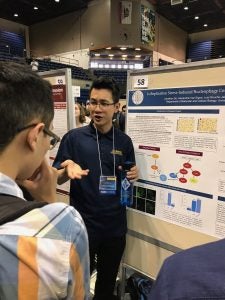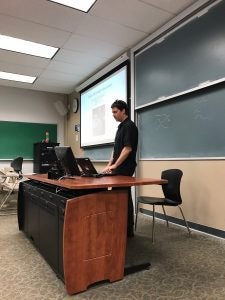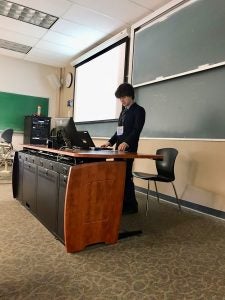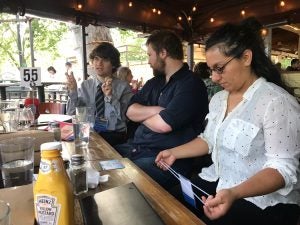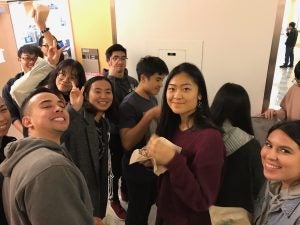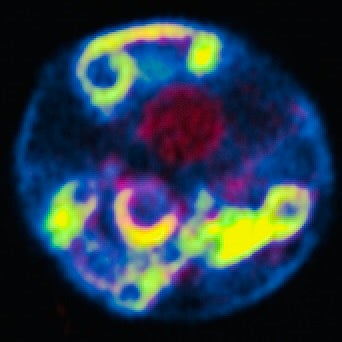
Research Interests:
The focus of my lab’s research has evolved from considering mechanisms that preserve chromosome stability and how they become compromised in aneuploid cancers to address a broader question about how cancer cells tolerate too many chromosomes: Our current focus is on identifying the stressors and pathways that lead to programmatic changes that allow disease states to persist. The observations driving this question are manifold but are nicely exemplified in hyperploid cancer cells that grow and divide in the presence of proteostatic and genomic stressors that are elevated due to too many chromosomes. In normal cells, such stressors would suppress cell proliferation and reduce cell viability. Yet in cancer cells proliferate and survive with these pathways chronically activated. Our work has identified a series of autophagy pathways connected to nuclear and endoplasmic reticulum homeostasis. These same pathways intersect with the cell stress associated with neurodegenerative disease models. Our work now is to understand how such pathways respond to acute cell stress and are altered in the context of “chronic cell stress”.
